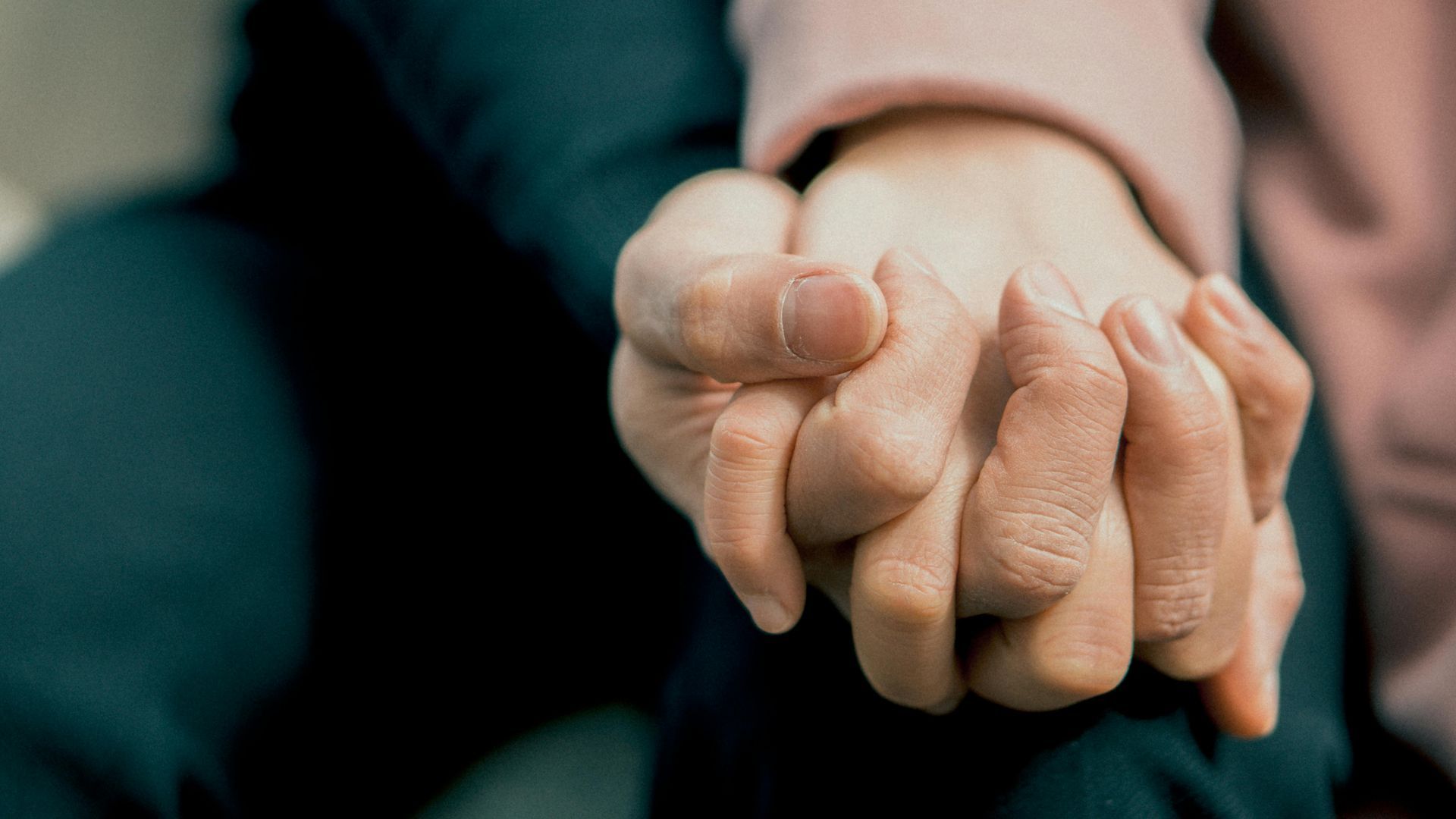How to Deal with Anxiety After a TBI
How to Deal with Anxiety After a TBI
Why Do People with a TBI Often Have Anxiety?
In order to deal with the anxiety that people with a TBI often face, it is first vital that the causes of such feelings are understood. While there is no one cause of anxiety that can be evident in every individual, there are some commonalities that can be looked at to help us all understand this issue better.
People who have suffered a traumatic brain injury tend to have great difficulty concentrating on even routine tasks. Problems that could be easily solved before the injury now become quite difficult to conquer. Because of this, many individuals begin to feel overwhelmed about even the most routine of daily tasks. This can result in feelings of anxiety to various degrees. People what are tasked with making decisions in the household will likely suffer even more extreme anxiety as a result.
Others with a TBI still have many demands placed upon them. Because of this, anxiety will follow. This is why it is important to allow a person with a brain injury to recover at their own pace. If they are forced to return back to work too early or the family tries to act as though nothing has happened, these feelings of anxiety will only be compounded.
Another cause of anxiety amongst people with a TBI revolves around situations that involve the need to process information. If an individual must make quick decisions, it can be quite difficult to do so. They need time to process the information that they have, and this does not happen in a stressful environment. This can lead to a great deal of anxiety.
Effectively Dealing with Anxiety
While just about everyone will be anxious about something at some point their life, there are some tips that can help us to all overcome it. These are especially important for people with a brain injury to follow. To begin, demanding situations should be limited until the person has had adequate time to recover from their injuries. Try to avoid being in a situation where important decisions have to be made quickly. This will only lead to frustration and anxiety.
Caregivers have a role to play as well. When they sense that a loved one is starting to feel anxious about something, they should step into the situation and try to calm the person down. This should be done in a non-invasive but caring manner. The key is to minimize the feelings of anxiety as soon as they start to occur. It is also important to encourage people with a TBI to become involve in various activities that they enjoy. Exercising and volunteering for community organizations are two ways to help reduce stress. As a result, these activities will minimize anxiety as well.
The post How to Deal with Anxiety After a TBI appeared first on Flourish Supportive Living Assisted Living for Brain Injury.













